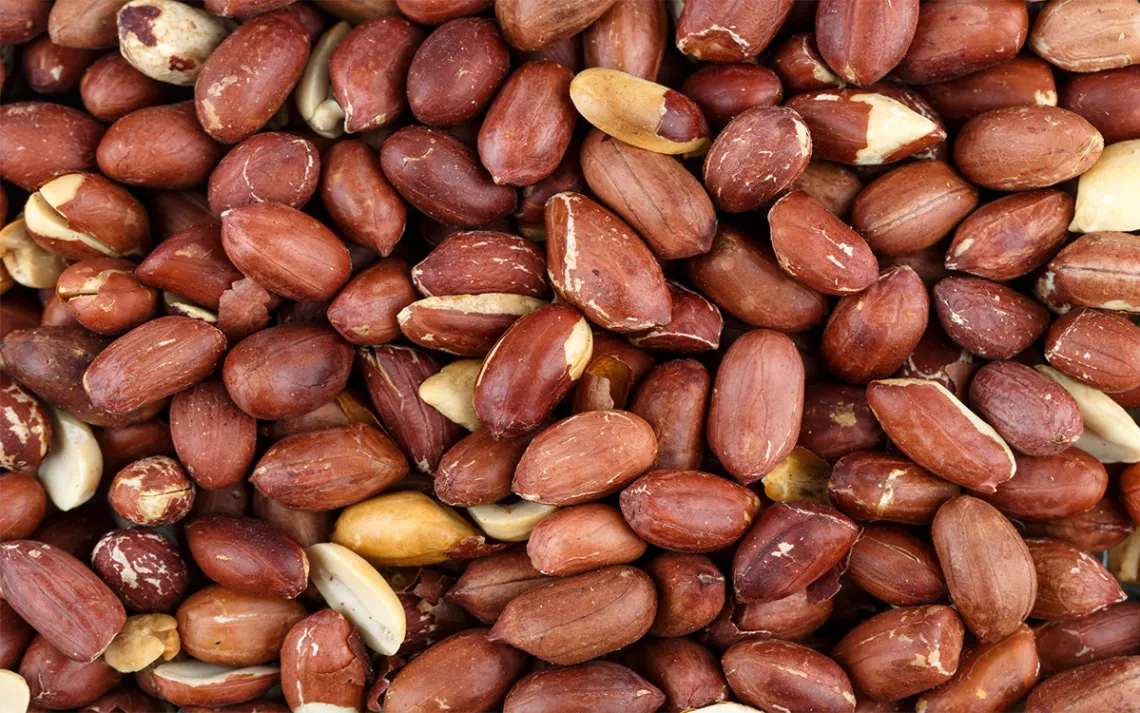Are Biodiesel Fuels Really an Alternative to Gasoline?
Mr. Green checks under the hood

Photo by Sanny11/iStock
Hey Mr. Green,
As a follow-up to your answer to “Do Diesel Engines Produce Less CO2 Than Gasoline Engines,” I wanted to ask, what about alternative, biodiesel fuels? I understand that the original diesel engines from the early 1900s were designed to run on peanut oil.
—Eric in Durham, North Carolina
Yes, Rudolf Diesel did use peanut oil to run his now-famous engines, at least until the poor guy jumped off—or was tossed off, say some—a ship and drowned in the English Channel in 1913.
The total volume of world peanut oil production is around 5.88 million metric tons, or about 1.68 billion gallons a year, while U.S. diesel fuel consumption alone exceeds 60 billion gallons per year. So you can see that even if we managed to give up all the peanut oil consumed in cooking and peanut butter, it would still only make a small dent in our staggering consumption of diesel fuel. On top of that, we burn almost 144 billion gallons of gasoline a year in the United States, so even if we dedicated the entire world’s annual production of vegetable oil to our engines, or around 54.1 billion gallons, we’d still fall far short of slaking our motor vehicles’ depressing thirst for petroleum and other propellants.
Oil was formed during the Paleozoic and Mezozoic geological periods, which range from around 600 million to 65 million years ago. So the world's oil had over 500 million years to form, which offers fairly stiff competition against only a year's worth of oil-producing crops.
 The Magazine of The Sierra Club
The Magazine of The Sierra Club



